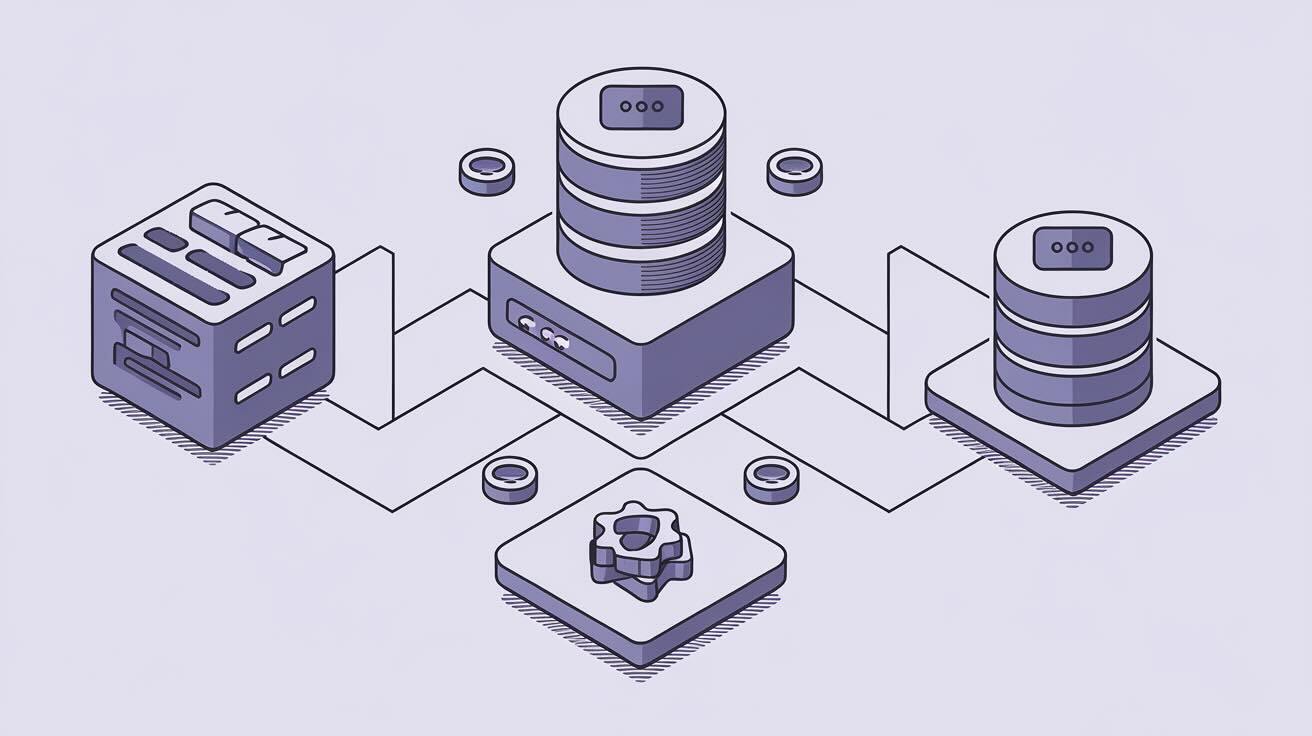Introduction to Code-First Development in Python
In the Python web development ecosystem, Flask combined with SQLAlchemy provides a powerful approach to database management through code-first development. This methodology allows developers to define database structures using Python classes, offering unprecedented flexibility and control.
What is Code-First Development in Flask?
The Core Concept
Code-first development in Flask means creating database schemas directly through Python classes, with SQLAlchemy handling the database interactions and migrations.
A Practical Example
from flask_sqlalchemy import SQLAlchemy
from datetime import datetime
db = SQLAlchemy()
class User(db.Model):
id = db.Column(db.Integer, primary_key=True)
username = db.Column(db.String(80), unique=True, nullable=False)
email = db.Column(db.String(120), unique=True, nullable=False)
created_at = db.Column(db.DateTime, default=datetime.utcnow)
# Relationships
orders = db.relationship('Order', backref='user', lazy=True)
class Order(db.Model):
id = db.Column(db.Integer, primary_key=True)
user_id = db.Column(db.Integer, db.ForeignKey('user.id'), nullable=False)
total_amount = db.Column(db.Float, nullable=False)
created_at = db.Column(db.DateTime, default=datetime.utcnow)
Why Choose Code-First Approach?
Key Advantages
1- Seamless Development Workflow
- Define database structure in Python
- Leverage ORM capabilities
- Easy to modify and maintain
2- Flexibility and Maintainability
- Quick iterations on data models
- Consistent across different database backends
- Strong typing and validation
Migrations with Flask-Migrate
Setting Up Migrations
from flask_migrate import Migrate
# Initialize migration support
migrate = Migrate(app, db)
Managing Migrations
# Initialize migrations
flask db init
# Create a new migration
flask db migrate -m "Create users table"
# Apply migrations
flask db upgrade
# Rollback last migration
flask db downgrade
Deployment Strategies with DeployHQ
Comprehensive Deployment Workflow
1- Preparation
- Commit migration files to version control
- Use environment-specific configurations
2- Deployment Script Example
#!/bin/bash
# deploy_app.sh
# Activate virtual environment
source venv/bin/activate
# Install dependencies
pip install -r requirements.txt
# Apply database migrations
flask db upgrade
# Run additional deployment tasks
gunicorn -w 4 app:app
Configuration Management
import os
class Config:
SQLALCHEMY_DATABASE_URI = os.environ.get('DATABASE_URL')
SQLALCHEMY_TRACK_MODIFICATIONS = False
class ProductionConfig(Config):
DEBUG = False
class DevelopmentConfig(Config):
DEBUG = True
Security Considerations
Database Security Best Practices
- Use environment variables for sensitive information
- Implement connection pooling
- Use database user with minimal required permissions
Example Secure Configuration
from flask import Flask
from flask_sqlalchemy import SQLAlchemy
import os
app = Flask(__name__)
app.config['SQLALCHEMY_DATABASE_URI'] = os.environ.get('SECURE_DATABASE_URL')
app.config['SECRET_KEY'] = os.environ.get('SECRET_KEY')
db = SQLAlchemy(app)
Advanced Migration Techniques
Complex Data Migrations
def upgrade():
# Custom data transformation
op.execute("""
UPDATE users
SET status = 'active'
WHERE last_login IS NOT NULL
""")
def downgrade():
# Rollback logic
op.execute("""
UPDATE users
SET status = 'inactive'
WHERE status = 'active'
""")
It's especially useful for performing specific database actions, such as dropping indexes or modifying data types, particularly within complex setups.
Integration with CI/CD Pipelines
Automated Deployment Workflow
- Code commit
- Automated testing
- Database migration
- Application deployment
- Health check
Tools and Ecosystem
Recommended Tools
- Flask-SQLAlchemy
- Alembic (for migrations)
- Docker
- Pytest
- Black (code formatting)
Deployment Considerations with DeployHQ
Key Deployment Strategies
- Use virtual environments
- Manage requirements carefully
- Implement zero-downtime deployments
- Use database connection pooling
Conclusion
The code-first approach with Flask and SQLAlchemy offers developers a robust, flexible method for managing database schemas. By leveraging DeployHQ's deployment capabilities, you can create scalable, maintainable web applications with ease.
